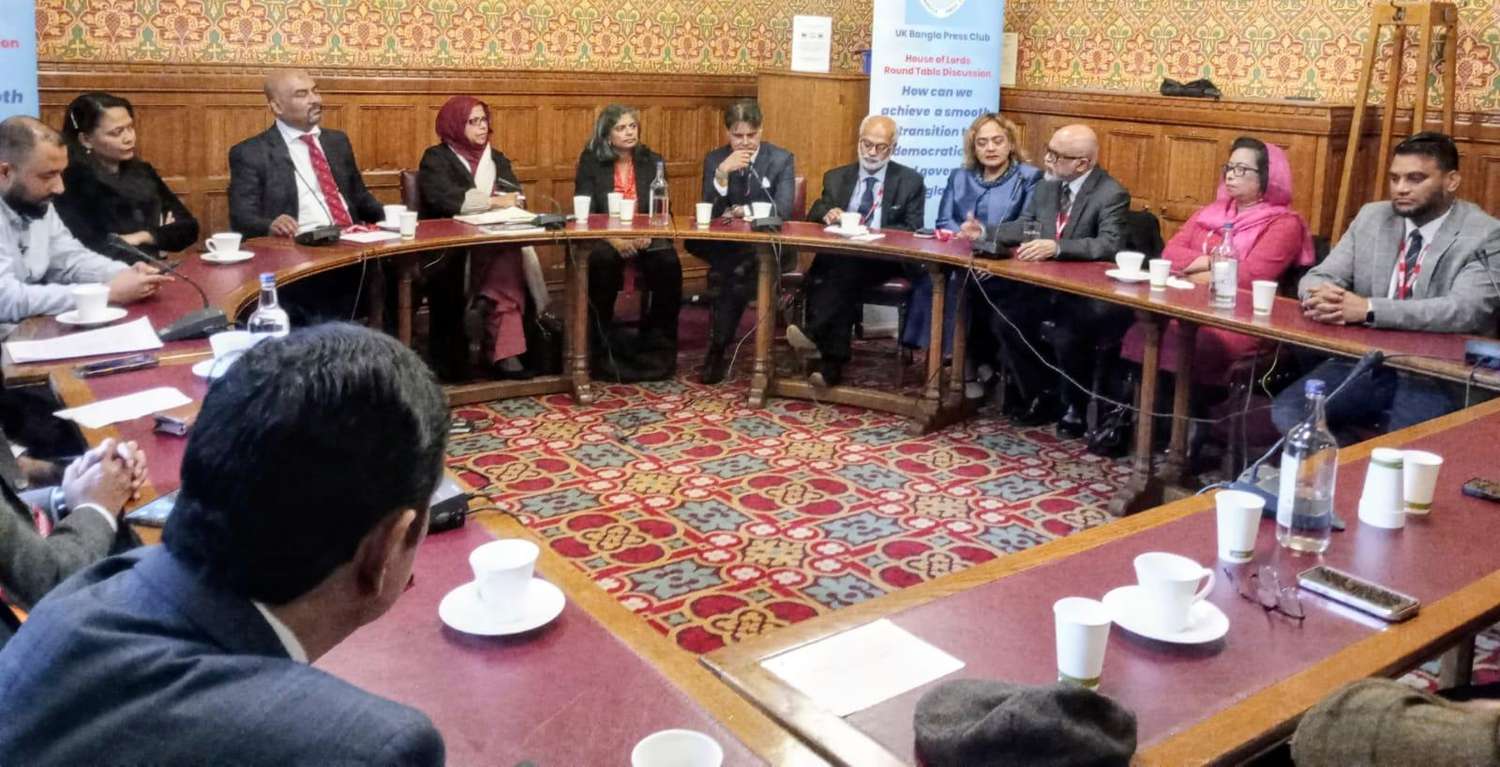The ruling Labour Party in Newham is facing a significant political crisis as the council prepares to ask for permission to impose an unprecedented second consecutive 8.99% council tax rise for 2026/2027. This financial bombshell, set to be finalised just before the Mayoral election, is poised to become the defining electoral challenge for the party's newly selected candidate, Forhad Hussain, intensifying a long-running internal divide.
The Fiscal and Political Context
The council is grappling with a projected £53 million funding gap, driven primarily by the astronomical costs of providing temporary accommodation in London, a burden that disproportionately affects boroughs with large populations from low-income communities. Newham has one of the highest levels of overcrowding in London, which particularly impacts its large British Muslim and British Bangladeshi communities.
To avoid the effective bankruptcy of the borough, the council is detailing plans in its early budget proposals to seek Exceptional Financial Support (EFS) from the government.
The Financial Measures on the Ballot:
- Council Tax Surge: The proposed 8.99% hike, which would come on the heels of the 2025/2026 increase, would push the annual Band D bill (excluding the GLA charge) up by £122.77 to £1,488.35.
- Drastic Service Cuts: The proposals also include politically sensitive measures such as closing children's centres, switching to fortnightly bin collections, reducing street cleaning, and staff cuts, aiming for an estimated £10 million in savings.
The Forhad-Rokhsana Divide
The timing of these unpopular financial decisions places the spotlight on the fraught internal politics of Newham Labour. The outgoing Mayor, Rokhsana Fiaz OBE, who announced in July that she would be stepping down, belongs to a different Labour faction than her selected successor.
Forhad Hussain, the high-profile and influential new candidate—and Labour's first British-Bangladeshi mayoral nominee—hails from the older, more establishment wing of the local party, having previously served in the cabinet of former Mayor Sir Robin Wales, whom Ms. Fiaz successfully challenged in 2018.
This budget crisis forces Mr. Hussain to inherit the full political blowback of an emergency fiscal package crafted under the outgoing administration, led by a faction that has been engaged in a sustained internal rivalry with the wing he represents.
Political Pressure Point:
The draft budget will be officially published in December 2025, guaranteeing that the council tax hike and service cuts will dominate the election campaign leading up to May 2026. This scenario raises significant questions:
- Is the outgoing administration effectively handing a 'poisoned chalice' to its internal rivals? The budget decision acts as a huge political anchor for Mr. Hussain, potentially undermining his standing with the electorate, particularly the working-class and BME communities who are already disproportionately affected by poverty and overcrowding and will feel the acute pain of reduced services and higher tax.
- Will the new candidate be able to distance himself from the current administration's choices to salvage Labour's century-long grip on the borough, which is already under intense pressure from the opposition Newham Independents?
The financial report itself notes that cabinet members will have to make "political choices" over which savings to adopt, underscoring that the council’s response to the crisis is not purely an administrative matter, but a deeply political one with immediate electoral consequences.
Zulfiqar Ali, Newham Council's cabinet member for finance, defended the plan as a responsible necessity: "We are doing what good councils do in difficult times: planning ahead, protecting what matters most, and ensuring that every pound we spend delivers maximum value for the people of Newham."

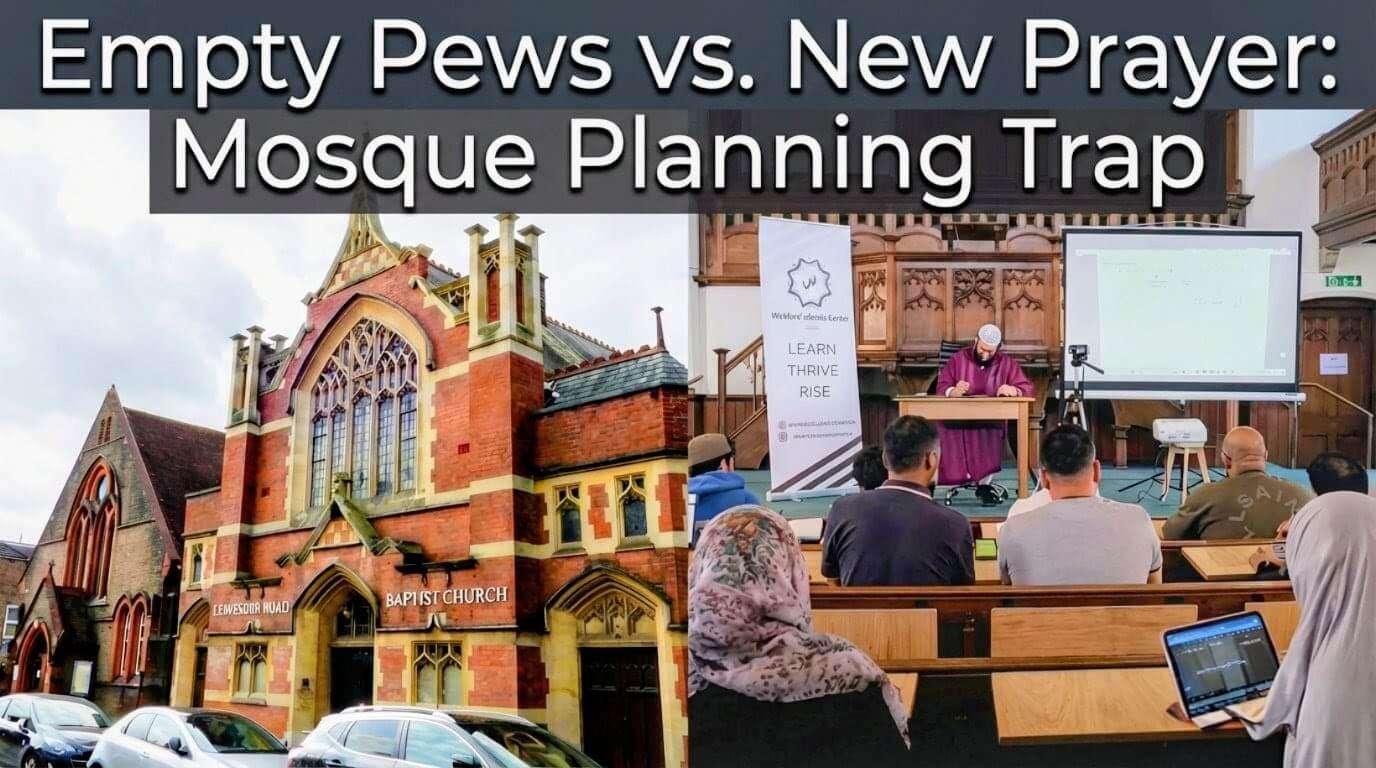
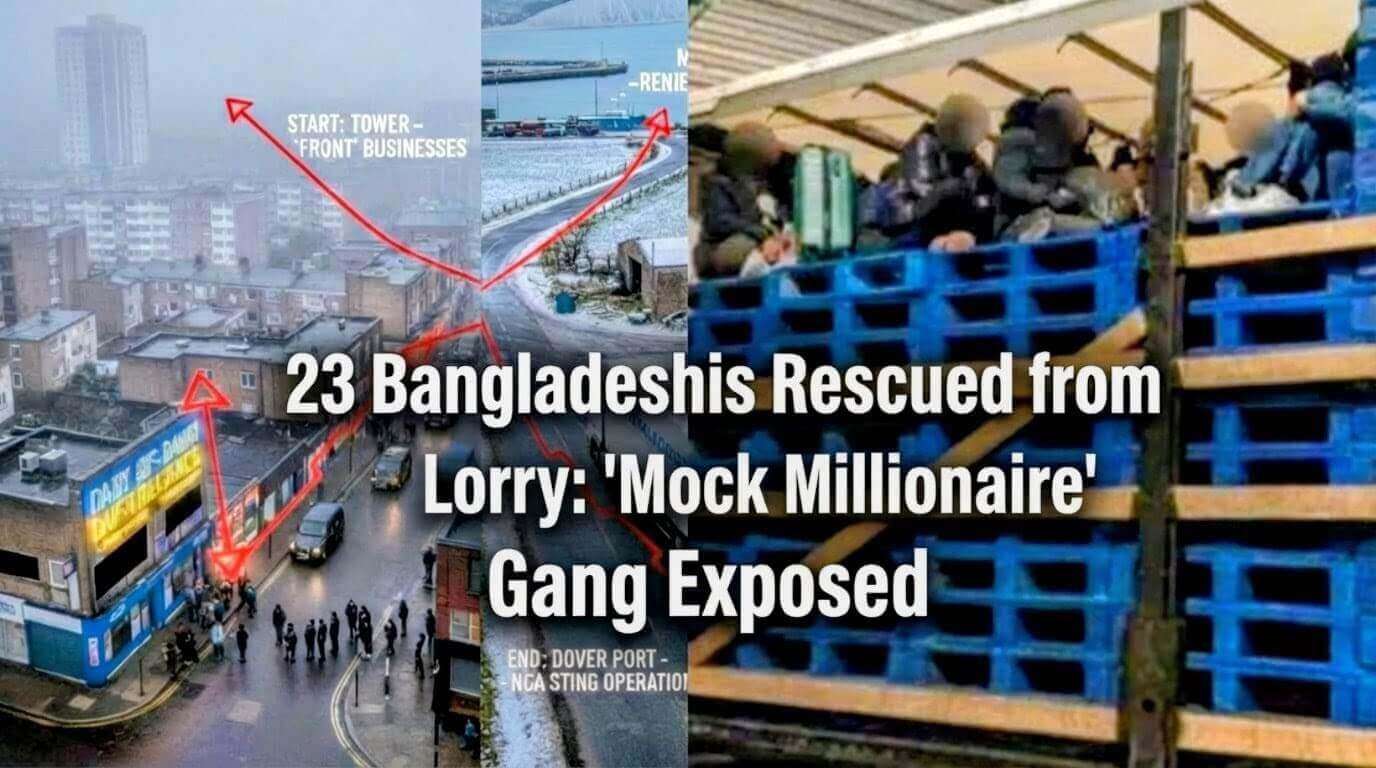
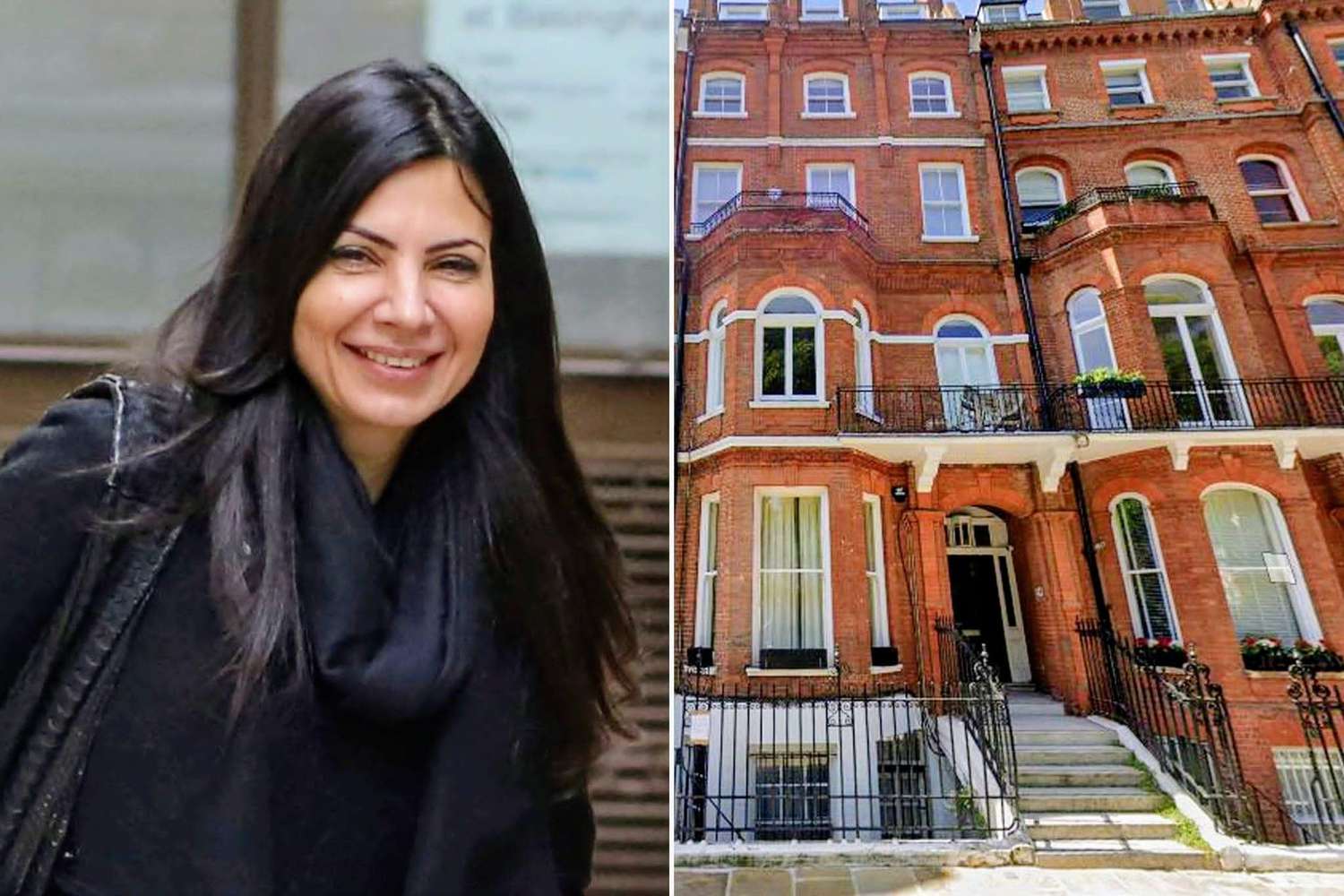



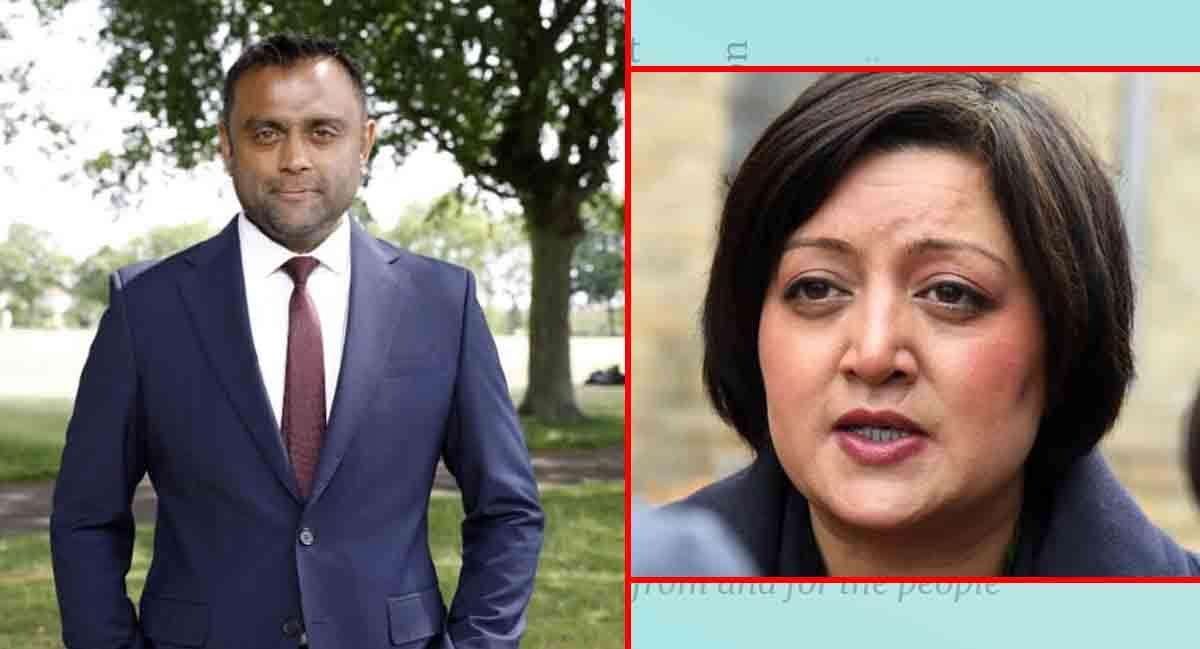
.svg)

